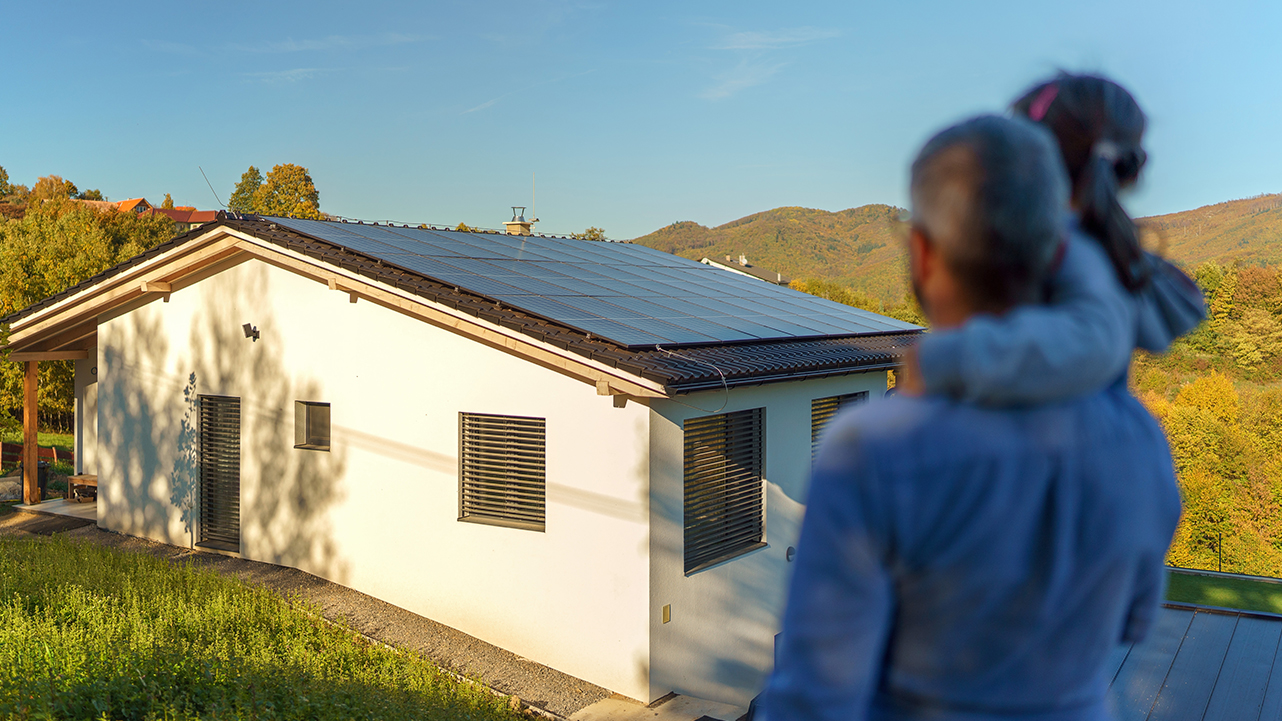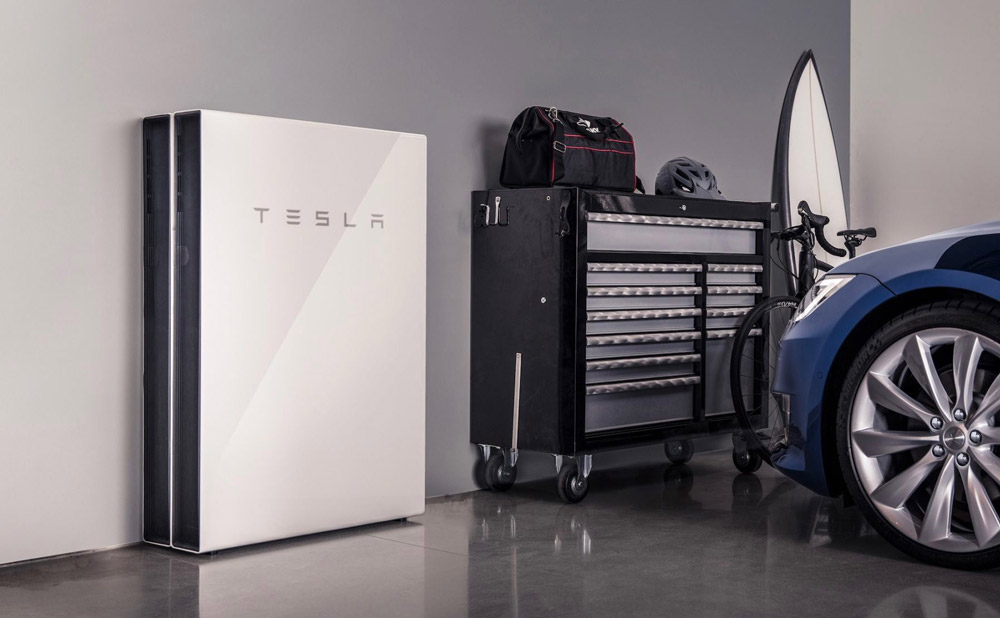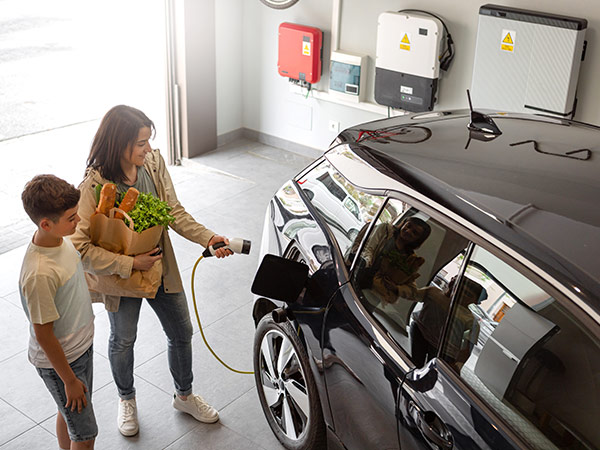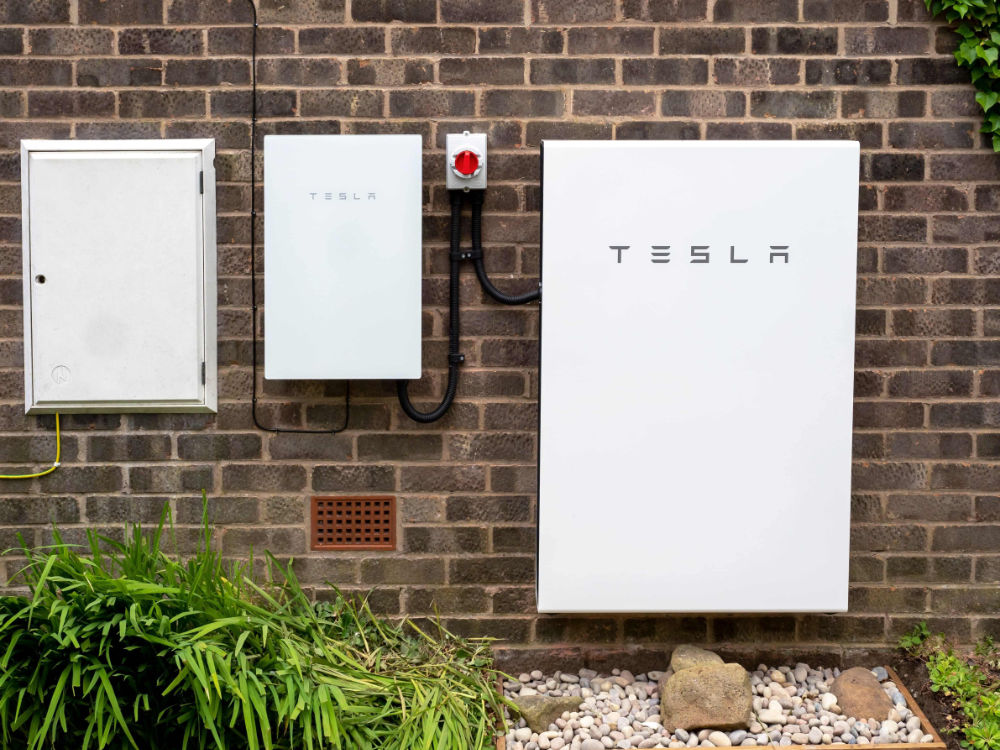Maximise your savings with a 10kw solar battery
More than 40% of Australian homeowners have now installed solar panels, which is a great way to protect against rising energy prices, currently averaging around $0.36 per kilowatt-hour in New South Wales. A couple of years ago, feed-in tariffs were close to the energy prices, but they have dropped significantly. The highest feed-in tariff available is about $0.12, while the average is around $0.07. This means the gap between what you pay for energy and what you earn for excess energy produced is widening.
As a result, many Australians are turning to battery storage to maximize their savings. With this growing gap, investing in a battery is becoming increasingly appealing.
Another reason is energy security and independence from the grid. The recent blackout warnings are a clear example that energy security is becoming an increasingly important consideration for Australians.
Is it a 10kW Solar battery or 10kWh?
The main difference between kilowatt (kW) and kilowatt-hour (kWh) is what they measure:
kW is a measure of power, or the rate at which electricity is used or generated. For example, The capacity of a solar system is expressed in kW, as it refers to how much energy a panel can generate.
kWh is a measure of energy, or the total amount of electricity used over a period of time. For example, the capacity of a battery is measured in kWh. Similar to your energy bill, where you pay per kWh of energy consumed.
You can use the equation kWh = kW x hours to calculate kWh. For example, if your 10kW solar system produces energy at full capacity (and 100% efficiency) for one hour, it will generate 10kWh of energy.
How do you know if a 10kWh solar battery is the right size for you?
To determine the right-sized battery for your home, you want to look at the amount of excess energy produced by your solar system that can be used to charge the battery. And how much energy you use outside solar hours to discharge the battery.
Determining the right battery size for your home is based on 3 key factors: how much solar energy you produce, how much of this you self consume and how much energy you use at night.

1. How much energy is produced by your solar system.
To charge your battery, you need to produce sufficient energy. If the average production of your system is 30kWh per day, this is more than enough to charge a 10 kWh battery.
2. How much of the solar energy you self-consume.
But this is only one side of the story. It matters how much of the energy you produce is self-consumed. Depending on how much energy you use during the day, when the sun shines, will determine how much excess energy you have to charge a battery (or feed back into the grid).

The average self-consumption is around 33%. This will differ for everyone, but it’s a good starting point. If the average production of your system is 30kWh and you self-consume 33%, that is 10 kWh. This means your excess energy is 30 - 10 = 20 kWh per day.
This will easily charge a 10kWh battery, and you could consider having two 10kWh batteries. However, your usage of the second battery will be less, as some days you will produce more than 20kWh, which will be fed into the grid as your battery is full, and other days you may produce less, so you won’t fully utilise your battery.

3. How much energy you use
How much energy you use outside the solar production hours is important because it will tell you how much of the energy stored in your battery can be used for later use. A 10kWh battery is generally enough to get the average family through the night. Especially when you go bigger, it may be that you’re not using enough power to discharge the battery fully.
Want to know the right size battery for you? Do our free home assessment.
Current prices for 10kWh solar batteries in Australia
Prices of batteries, including solar batteries, have declined significantly over time. Combined with government rebates, the economics stack up for many homeowners. Next to the immediate bill savings, there are other reasons to consider a battery, such as energy backup, independence from the grid or further protection against rising prices.
The price of batteries sits between $800 - $1000 per kWh, which means a 10kWh battery will set you back $10,000 fully installed.
Looking for an accurate quote? Do our free home assessment to select your battery and get an instant quote.

Installer and installation cost
We strongly recommend hiring a highly rated and reliable installer for your home batteries. Correct installation is crucial to ensure safety and compliance with fire codes, which helps mitigate any fire risks. Home batteries can be safe as long as they are installed properly.
At 28Watt, we have a network of vetted and accredited installers who have installed thousands of batteries. They are all highly rated and available throughout Australia.

Government rebates
Rebates for batteries vary from state to state, and the Australian federal government does not currently offer any direct home battery rebates. Although there have been talks in the media suggesting one.
As of January 2025, the following rebates are available:
NSW: Up to $2,400 in rebates from November 1st, 2024.
NSW: Up to $400 in rebates for joining a VPP from November 1st, 2024.
QLD: Rebate ended 8th May 2024
VIC: Interest-free loans up to $8,800.
All prices on our website include the rebate. Get your quote here.

Green loans
Discounted green loans are a great choice if you want to install a battery but don’t want to pay upfront. Do you have a mortgage? Batteries count towards the requirements to get a discount on your whole home loan. On our green loan page, we explain how to save on your bill and mortgage payments, it adds up!
Final thoughts
Understanding the right size solar battery is important to maximise your savings or have an adequate backup. We know, it can get quite technical but we’re here to simplify it. Contact us today to explore battery options and start saving on your energy bills with confidence.